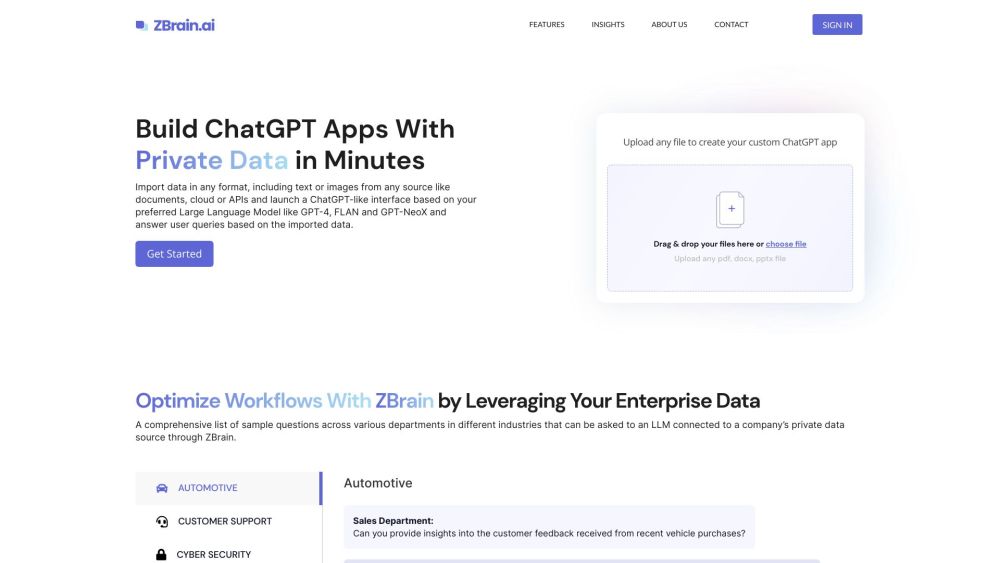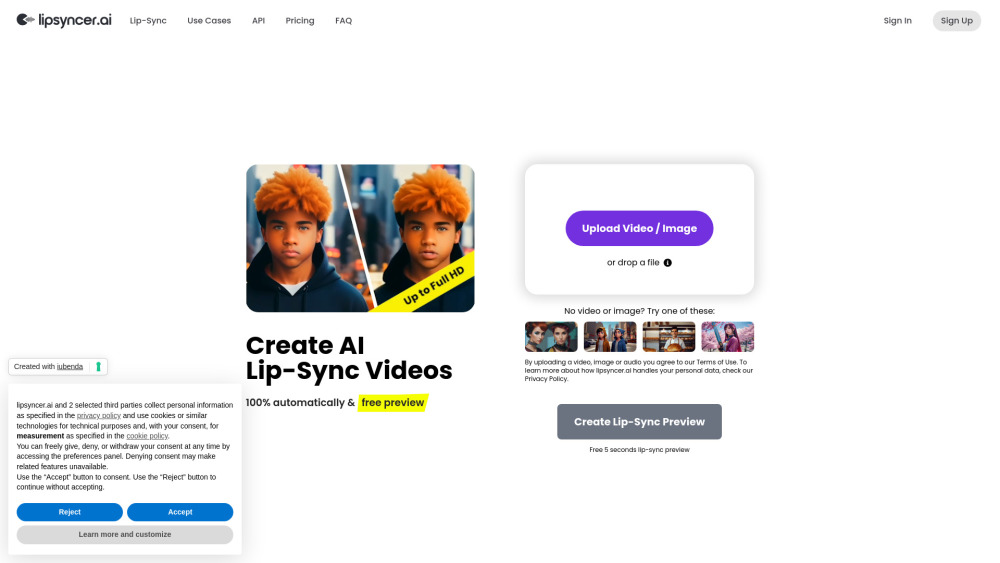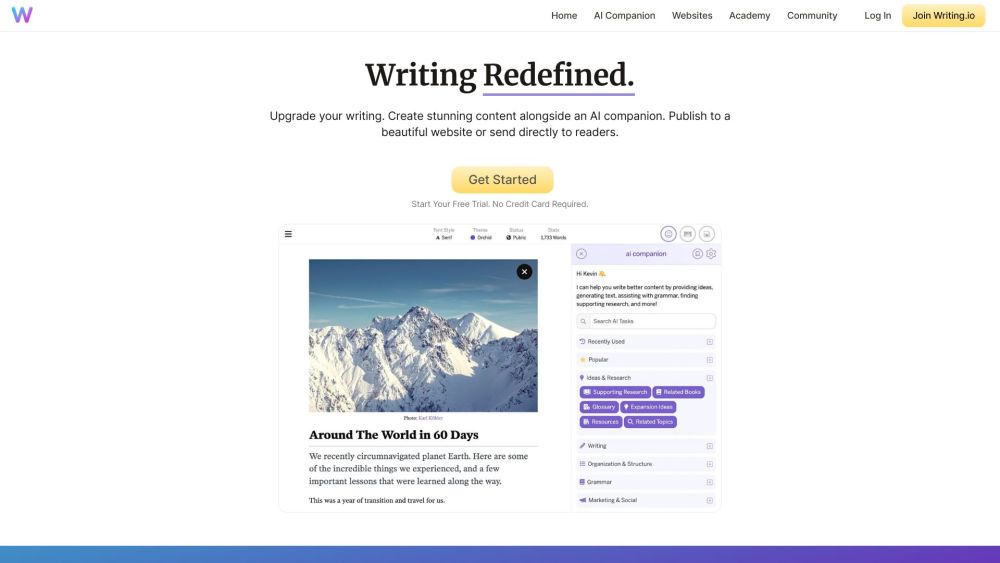Paris has rapidly emerged as a key European hub for AI startups, and a significant funding round currently in progress could further solidify its status.
Poolside.ai, a Paris-based generative AI company focused on enhancing software development efficiency, is reportedly in negotiations to raise at least $400 million, with a post-money valuation projected at $2 billion, according to sources.
Bain Capital Ventures (BCV) and DST are in discussions to co-lead this funding round. BCV has a history of backing Poolside, while DST is a new investor. Previous reports have suggested Bain’s involvement, with PitchBook estimating this funding round to be around $450 million.
Poolside made headlines last August after securing a substantial $126 million in seed funding. This round included contributions from BCV and early-stage venture firms such as Air Street, Abstraction, and Scribble Ventures, along with New Wave and Frst from France. Other notable investors like Bpifrance, Felicis, Point Nine, and Redpoint also participated. Unfortunately, none of the contacted investors provided comments for this update, and Poolside’s CEO has not yet responded to requests for insight.
Alongside Poolside, companies like Mistral and H have also raised impressive amounts in seed funding, at $113 million and $220 million, respectively. If this trend continues, Paris might well earn the title 'City of AI.'
While the AI startup market appears to be experiencing rapid growth, with many companies raising billions—including notable players like Anthropic and OpenAI—the question arises: do we truly need another foundational AI company?
Several factors may explain why Poolside is attracting substantial investment to capitalize on the generative AI space:
- Strong Founding Team: The founding team boasts deep expertise in developer tools and DevOps. CEO Jason Warner, a former CTO of GitHub, has held engineering leadership roles at Heroku and Canonical. Co-founder and CTO Eiso Kant previously founded Athenian, which created developer tools that optimized build processes—and was acquired by the Linux Foundation.
- Targeted Problem-Solving: Unlike those working on broadly applicable large language models (LLMs), Poolside is focused on a specific use case: enhancing developer efficiency. This approach resonates with investors and aligns with a central tenet from entrepreneur Paul Graham's essays: create tools that you personally would need, ensuring that the founders' insights meet genuine industry demands.
While other startups like Mistral also focus on developers, there's a notable gap in how well general LLMs address coding challenges. Currently, there's an opportunity for Poolside to build better solutions tailored to developers’ needs.
- Expansion Plans: Though currently focused on developers, Poolside envisions a broader application for its technology in the future. Their website outlines a three-phase plan: starting with developers, expanding to anyone interested in coding, and eventually generalizing their capabilities to other sectors.
- Promising Early Development: Although it's unclear if Poolside has launched a product in general availability, there are indicators of positive growth. In April, its compute supplier, IREN, reported an increased cloud services deal with Poolside.
- Monetization Potential: A source close to the company noted that while many AI initiatives address various sectors, few show clear monetization paths. While OpenAI’s partnership with PwC may pave the way for enterprise business over time, it's uncertain what immediate uptake might look like. In Poolside's case, the development of co-pilot tools for developers presents a straightforward application of AI, meeting a clear market need within the structured environment of programming.
We'll continue to update this article as new information becomes available.





